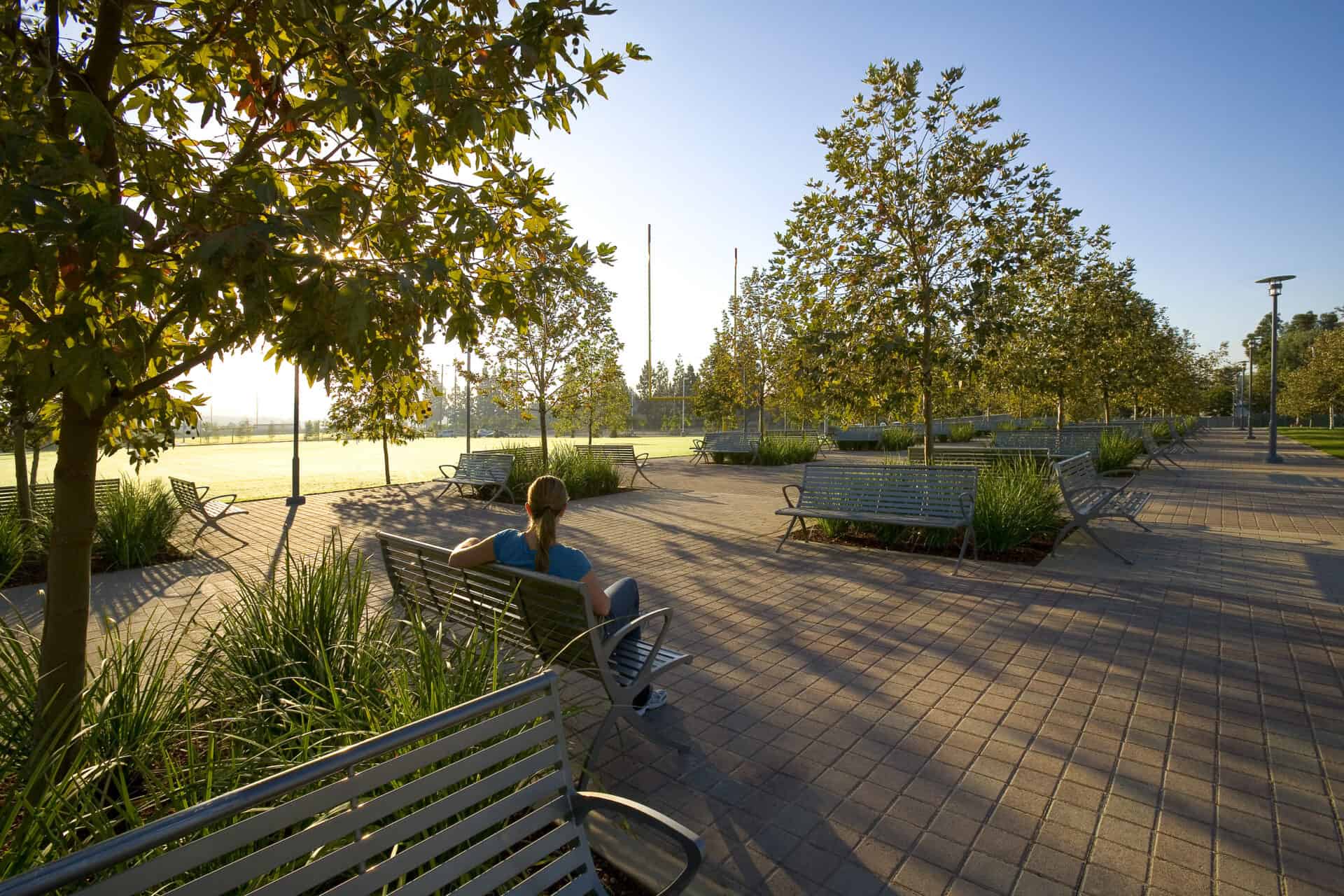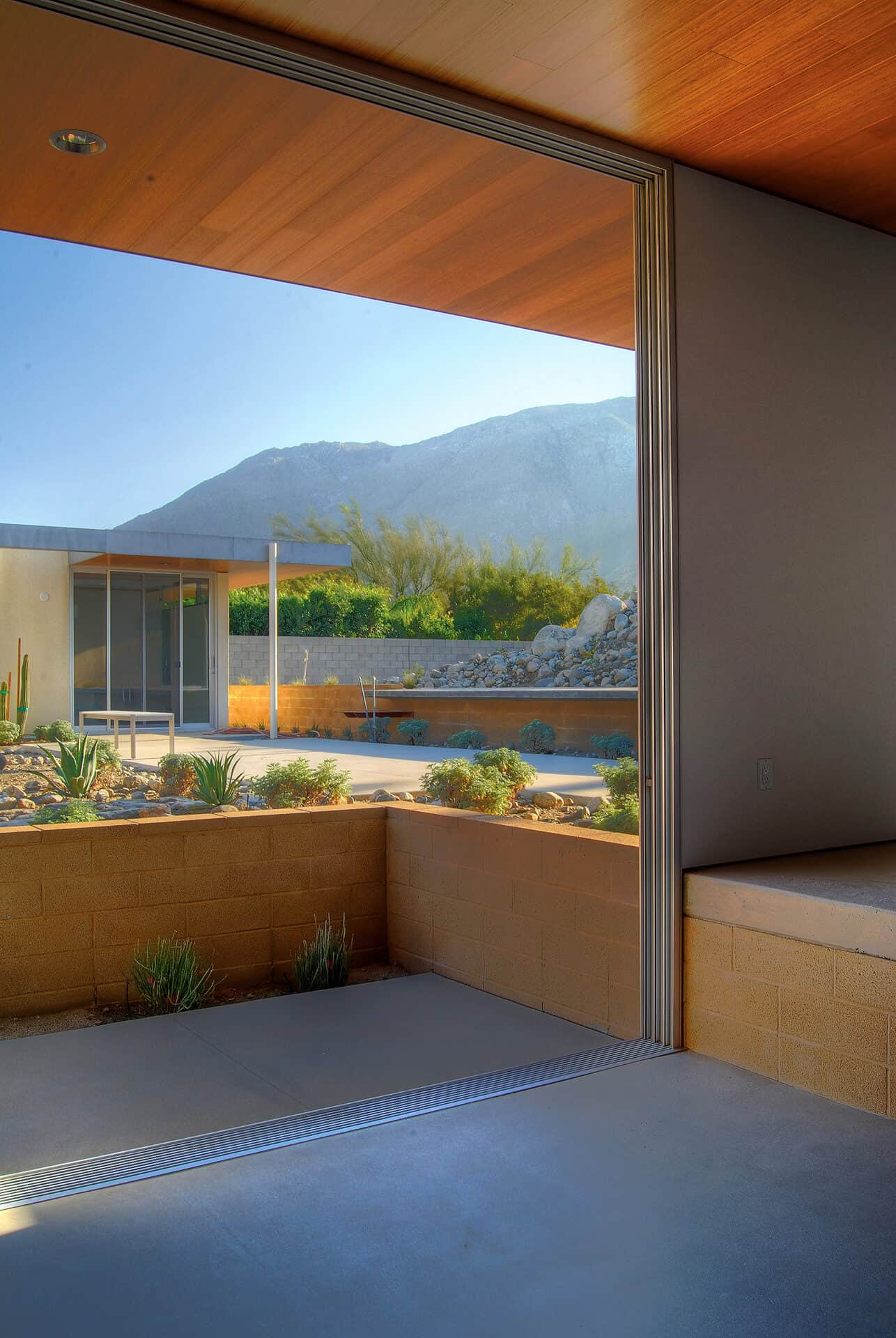Can Stand the test of time.

BREA SPORTS PARK, BREA, CALIFORNIA
PHOTOGRAPHY: CRIS COSTEA, COSTEA PHOTOGRAPHY
Why Masonry Can Stand the Test of Time
The world’s architectural choice for millennia

Masonry is a timeless technique that has been utilized for millennia to construct the structures in which we experience and express our humanity – from homes to monuments. It symbolizes human achievement, precision, and specialized teamwork, as well as our ability to come together to create something greater than ourselves. Masonry displays beauty, strength, and durability.
History
Many of the world’s most iconic structures were built using stone and brick: the Great Wall of China, the Pyramids of Egypt, the Roman Coliseum, the Notre Dame Cathedral, to name a few. Masonry is the ideal choice for these structures for its ability to withstand natural disasters, and these iconic landmarks are a testament to masonry’s stability and durability.
Endurance
Durability means endurance, and being built to last what comes next. When it comes to constructing long-lasting structures, masonry stands on its own.
- Resistance to Natural Elements: Masonry walls can withstand natural disasters like earthquakes and hurricanes better than frame houses due to being more structurally sound and unified.
- Fire Resistance: Masonry walls are virtually fireproof due to the noncombustible material composition. While other materials tend to quickly succumb to fire and heat, masonry remains standing much longer, which makes it ideal for residential and commercial construction in California and Nevada.
- Longevity: Masonry doesn’t degrade over time the same way that other building materials do, which means that a masonry wall can last hundreds of years—making it an excellent choice for any project that requires a long-lasting solution.
Strength
Masonry has a compressive strength that exceeds 1,900 psi (13.1 MPa) which makes it stronger than wood. This makes it a preferred choice for large, heavy structures such as foundations and walls because it can bear a greater amount of weight without cracking or collapsing. Masonry also has higher fire resistance ratings than other materials, making it ideal for high-security or safety-critical structures that need to be resistant to fires or explosions.
Longevity
The ancient pyramids still standing in Egypt are a testament to masonry’s durability over time. Brick walls left alone can last nearly indefinitely provided they are constructed with proper mortar and watertight installation techniques. Masonry is naturally resistant to mold, rot, and mildew because it is able to cope with high humidity, can last indefinitely, and be repurposed multiple times. These qualities make masonry an excellent choice for modern builders who are looking to craft durable and historic structures that will stand the test of time.
Materials
When considering durability in masonry, there are several materials to choose from. Including brick, stone, concrete blocks, and cinder blocks.
Brick
Brick is an incredibly durable material. It’s made out of clay and shale, making it resistant to fire and weathering. It also has excellent insulating properties, meaning that it can help keep your structure’s temperature regulated.
Stone
Stone is one of the oldest construction materials known to humanity and was used in many famous structures of antiquity, such as the Great Pyramid of Giza. It’s naturally resistant to rot and decay, as well as heat and cold.
Concrete Block
Concrete blocks are a popular choice for constructing walls, foundations, and partitions. They are highly versatile and can be cut into any shape or size required for a project. Concrete block provides excellent insulation properties that can help keep your structure cool in the summer and warm in the winter.
O’DONNELL RESIDENCE, PALM SPRINGS, CA
ARCHITECT: O2 ARCHITECTURE